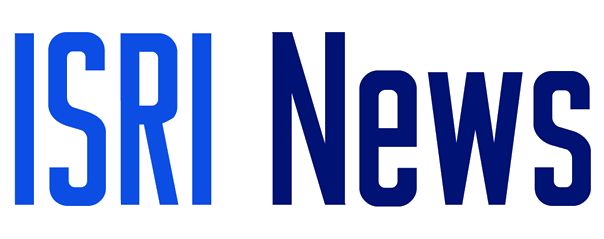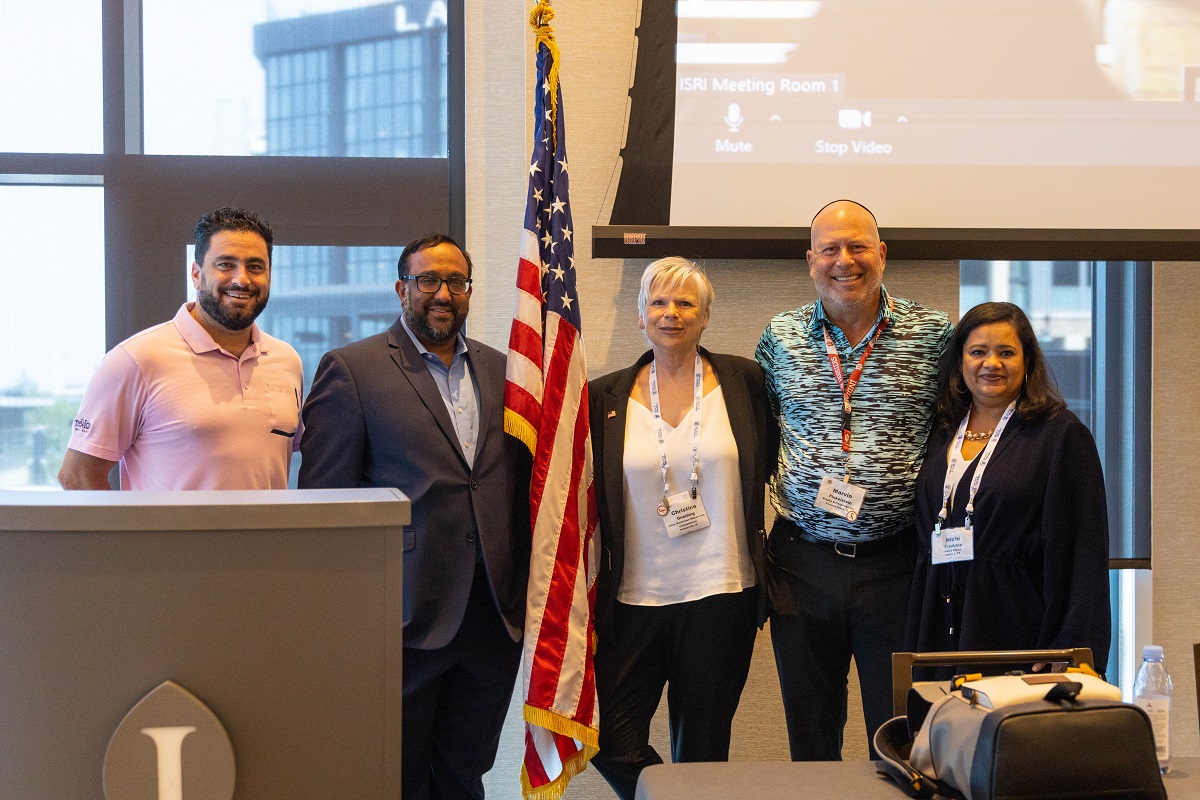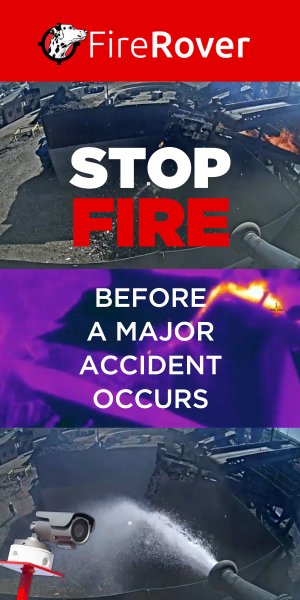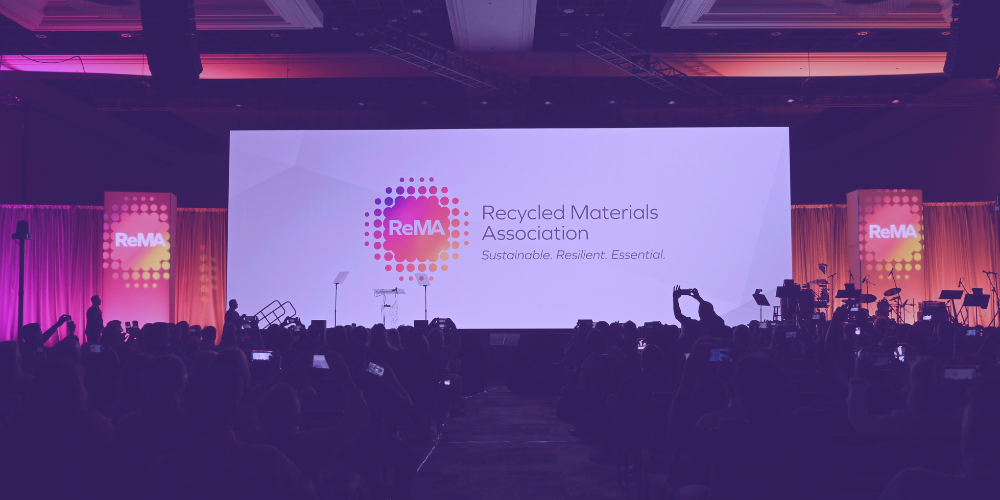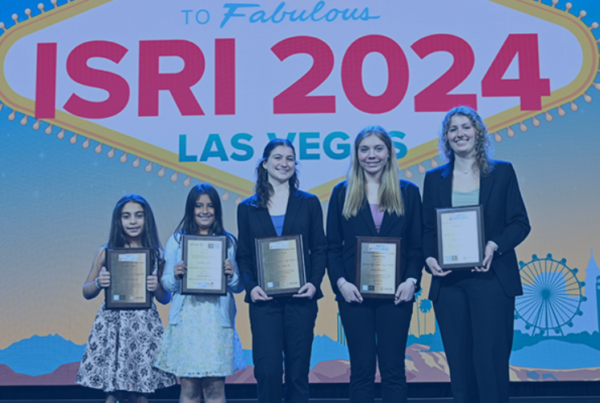ISRI’s 2021 Summer Board of Directors and Committee Meetings began Tuesday, July 13. Most of the meetings are open and free for all ISRI members to attend through Friday, July 16. Here are some highlights from the Nonferrous Division meeting on Wednesday, July 14.
ISRI’s Nonferrous Division meeting began with a reminder about the 2021 ISRI Commodity Roundtables Forum, to be held Sept. 22-24 at the Hyatt Regency Chicago. The Specifications Committee noted the 20-day public notice period has ended for three specification changes. The division already voted on the two new specs—nickel bearing scrap and mixed nonferrous wheel weights—and the one revised spec, lead wheel weights. The specs will go to the Board of Directors meeting July 16 for a vote. The committee also noted it has begun researching the honey brass spec and looking into what may need to be revised for exports.
Salim Bhabhrawala, critical minerals sector lead at the Commerce Department’s International Trade Association, was the guest speaker. He discussed what the department is doing to focus on recycling and recyclable materials, and how recycling can play a critical role in fortifying U.S. supply chains. Bhabhrawala discussed Executive Order 14017, in which President Joe Biden directed federal agencies to conduct 100-day reviews to identify and address supply chain vulnerabilities in commerce, energy, defense, and health and human services. Bhabhrawala discussed how former President Donald Trump’s executive orders, 13817 and 13953, which concern critical minerals and supply chains, relate to the newer executive order.

In discussing the recent supply chain review, Bhabhrawala noted several recommendations including rebuilding U.S. production and innovation capabilities; establishing new supply chain resiliency programs; and supporting developments of markets that invest in workers, value sustainability, and drive quality. The review notes creating 21st century standards for extracting and processing critical goods, and leveraging the government’s role as a purchaser and investor of critical goods.
Bhabhrawala asked ISRI for its industry analysis and information, especially where members are sending their materials, and potential opportunities overseas to create programs and partnerships with the industry and the U.S. government.
Adina Renee Adler, ISRI’s vice president of advocacy, provided an update on the EU’s plan for reducing greenhouse gas (GHG) emissions in member countries. Its goal is to reduce net GHG 55% by 2030, and for Europe to become the first climate-neutral continent by 2050. The EU is proposing a new carbon border adjustment and a carbon price on imports of certain products coming into from countries the EU believes don’t have equal climate regulations, carbon-reducing mechanisms, or carbon taxing. Iron and steel are on the EU’s list of targeted goods, but scrap and various unwrought aluminum are not. While the EU plan won’t impact direct trade of recycled materials, it likely will impact customers trading in aluminum and aluminum products. Adler noted ISRI is working with the European Recycling Industries’ Confederation and will provide more information to members soon.
Images courtesy of ISRI.
Additional Resources
